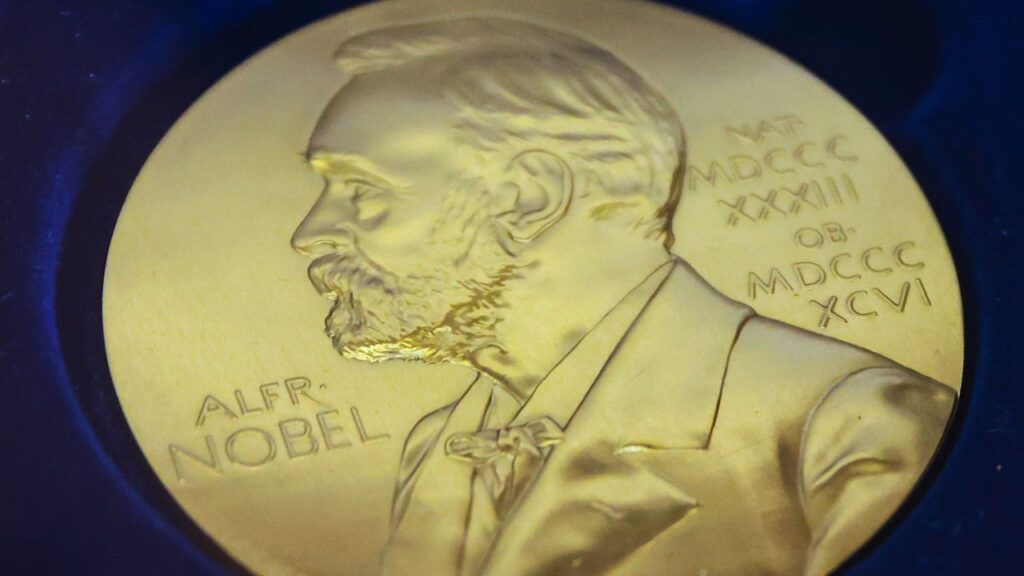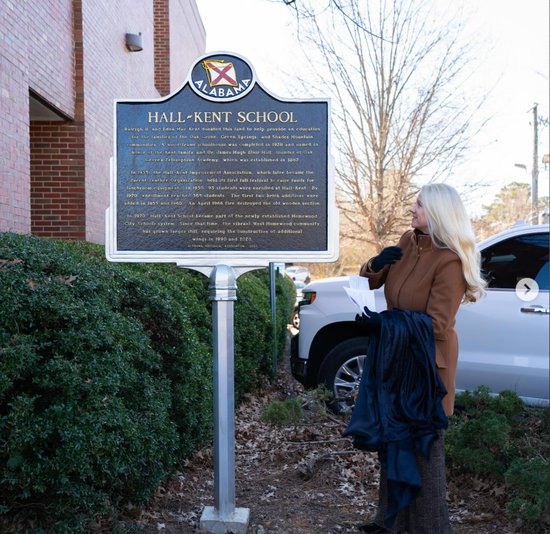
2193662783
The 2025 Nobel Prize in Chemistry has been awarded to scientists Susumu Kitagawa, Richard Robson, and Omar M. Yaghi for their pioneering work in the development of metal-organic frameworks (MOFs). This innovative research has significant implications for the creation of materials capable of storing large quantities of gas within compact volumes, reminiscent of the magical properties of Hermione Granger’s handbag from the beloved “Harry Potter” series.
The announcement was made by the Royal Swedish Academy of Sciences during a ceremony held in Stockholm, Sweden, on October 8, 2025. This marks the 117th awarding of the Nobel Prize in Chemistry, which includes a cash prize of 11 million Swedish kronor (approximately $1.2 million).
This groundbreaking research has opened new avenues in the field of material science, specifically in the efficient storage of gases, which is vital for applications in energy and environmental sectors. The ability to compress gas into smaller spaces without losing functionality can lead to advancements in areas such as hydrogen storage and carbon capture technologies.
The work of Kitagawa, Robson, and Yaghi has garnered attention not only for its scientific merit but also for its imaginative parallels to popular culture. The ability to create materials that mimic the fantastical qualities seen in literature showcases the intersection of science and creativity.
As the scientific community celebrates this achievement, the implications of their work extend beyond academia, potentially influencing various industries. Researchers and engineers may find new ways to apply these frameworks in practical applications, contributing to sustainability and innovation.
Further details about the contributions made by each of the laureates and the broader impact of their research will become available in the coming days, as the scientific community and the public reflect on the significance of this recognition.
This award highlights the importance of interdisciplinary research and the ongoing quest for scientific advancement, reminding us of the real-world applications that can stem from imaginative ideas. The Nobel Prize serves as a prestigious acknowledgment of the vital role that science plays in our everyday lives and the potential for future discoveries that could reshape our understanding of materials and their uses.







